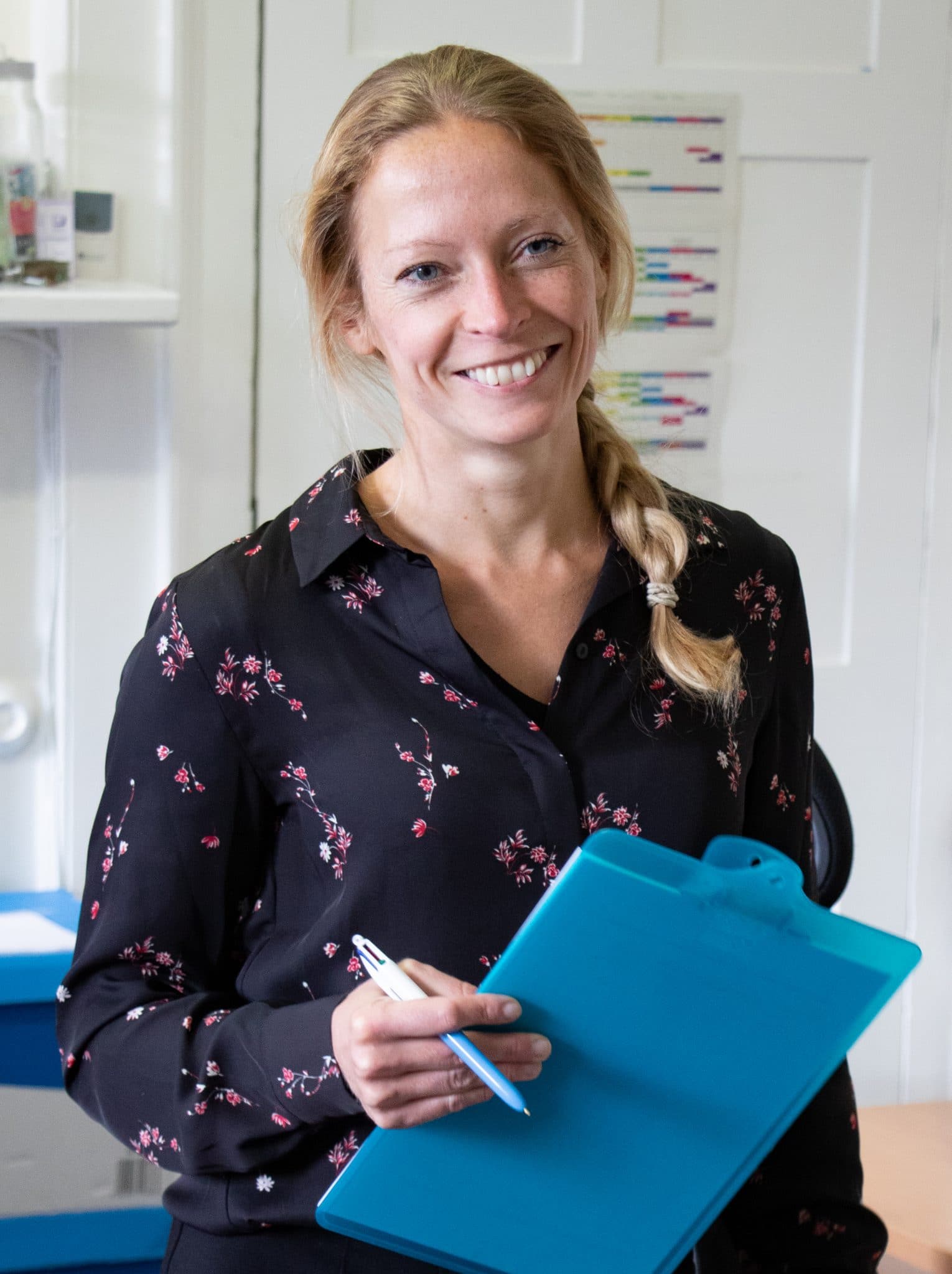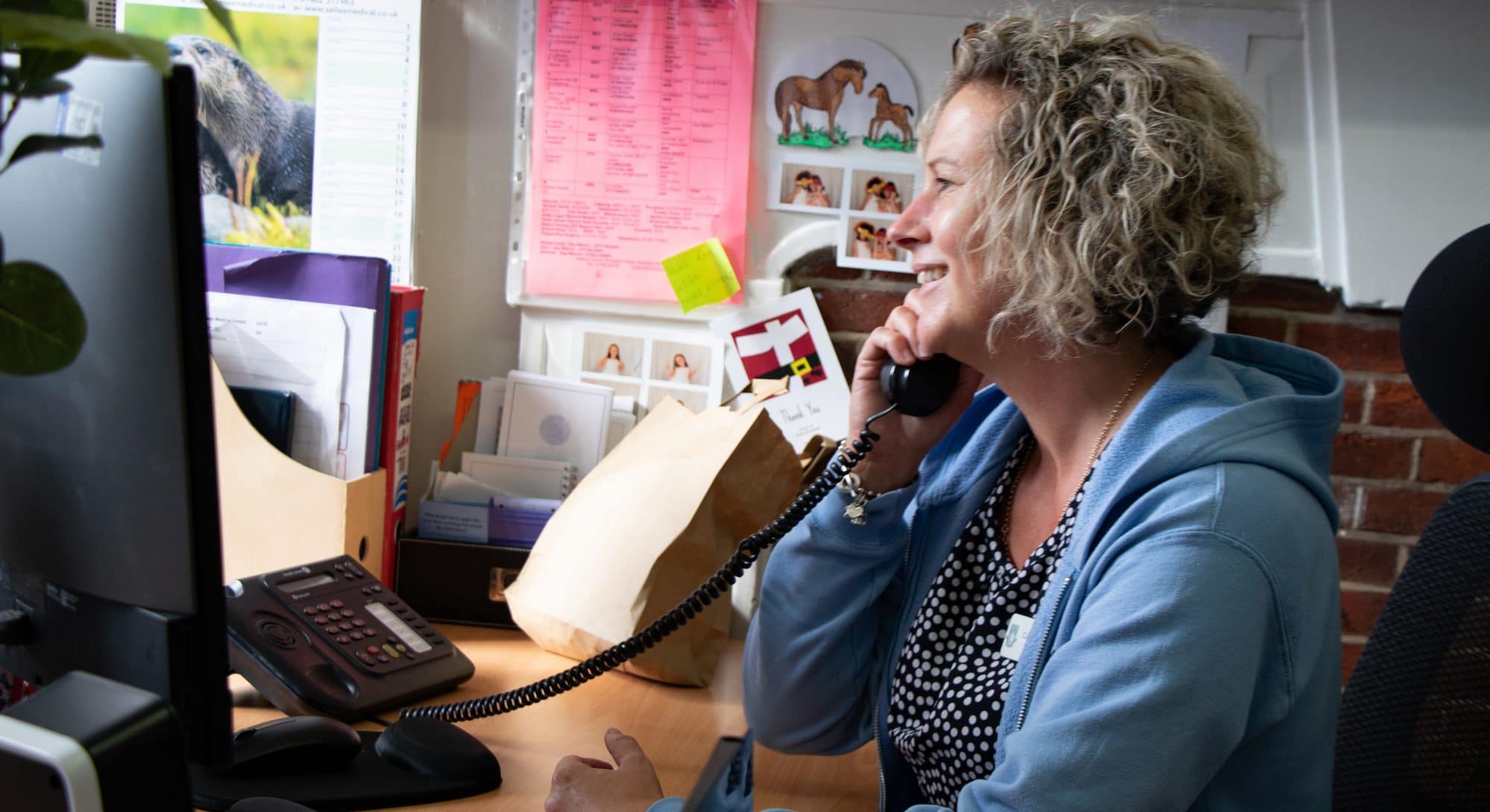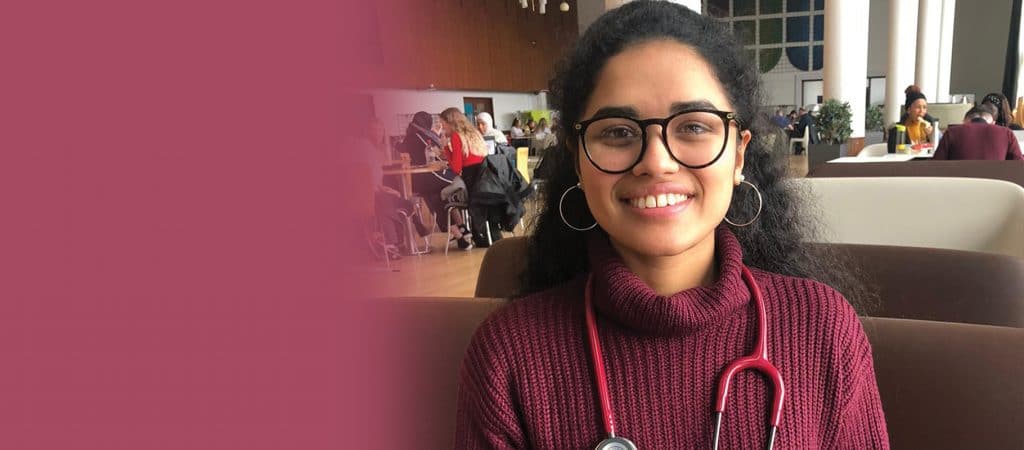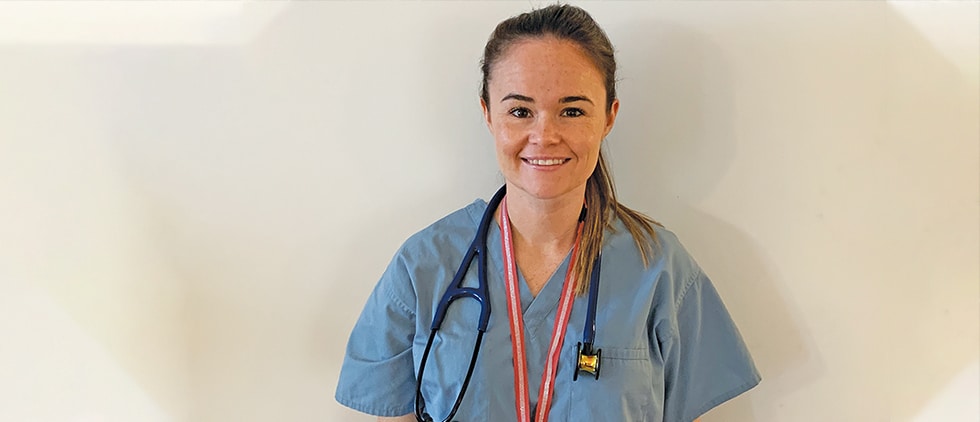For them, healthcare itself has evolved from dealing with the physical and visible to incorporating the mental and invisible.
The name ‘Medical Centre’ doesn’t quite do justice to the full range of services provided in modernised healthcare, something Healthcare Manager Victoria Piekarz points out is part of Bradfield’s vision.
“That name medicalises mental health but we are not solely about medical intervention here. Our aim is to assist and help pupils to understand the issues they might face whether they be physical, mental or something else entirely. What we do is geared more towards wellbeing and healthcare.”
Clinical Nurses Julie Gregory and Pauline Kenyon have seen how that transition has happened in the school over the last decade.
“We’ve developed as the school has grown. When we joined the school was predominately populated by boys and the majority of what we were dealing with was physical injury, mostly sport related. Our team has expanded a lot since then as the school went fully coeducational with girls in all year groups and its now close to an even mix thanks to our first year boarding house.”
The Matrons in the Houses are outstanding when it comes to providing support, to parents as much as to the Medical Centre.
The introduction of Faulkner’s has led to a steady increase in pupils numbers which in turn, naturally, has led to an increase in footfall for our healthcare staff.
It is key therefore that strong partnerships exist between the Medical Centre and the pastoral care provided through the boarding Houses.
For Clinical Nurse Nicola Small, a former parent and one of the newest members of the medical team, those partnerships were key in seeing pupils integrate well within the boarding environment and helping them to enjoy their time at Bradfield.
“The Matrons in the Houses are outstanding when it comes to providing support, to parents as much as to the Medical Centre. I saw it first-hand as a parent, particularly in Faulkner’s, the team there were phenomenal. From dealing with the initial homesickness to caring for each individual so that the Medical Centre is utilised when necessary and nurses are well-informed is crucial for success.”







